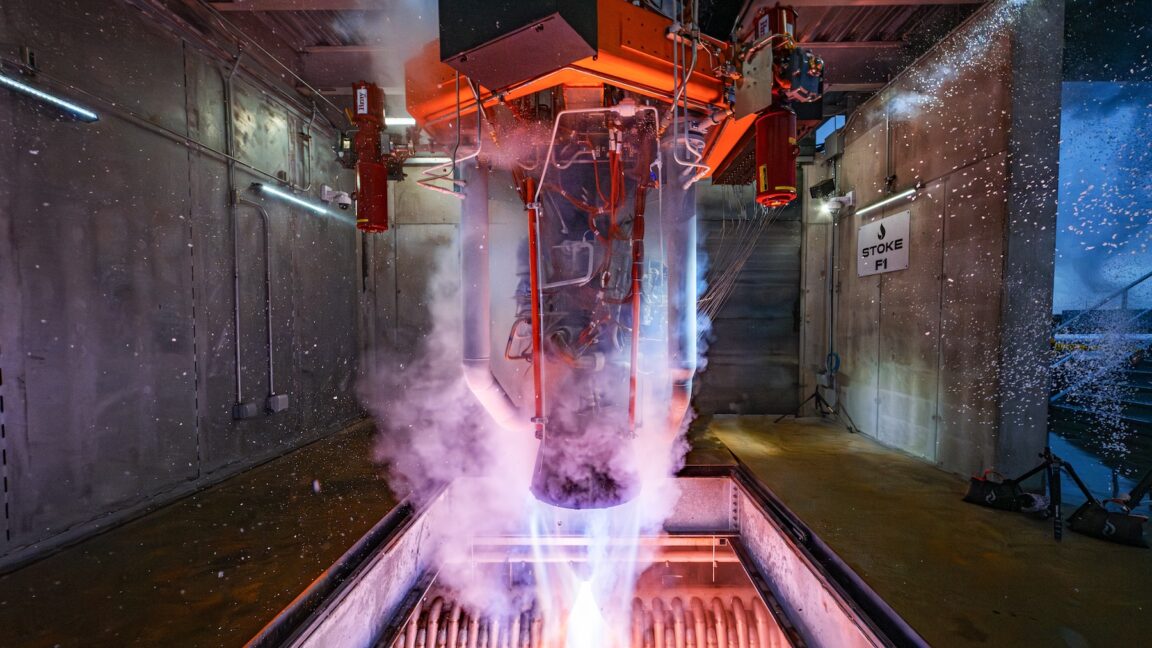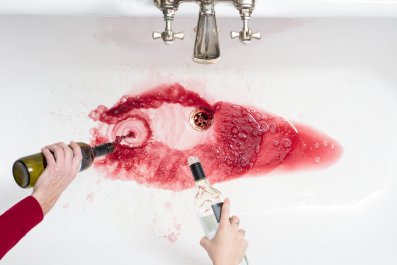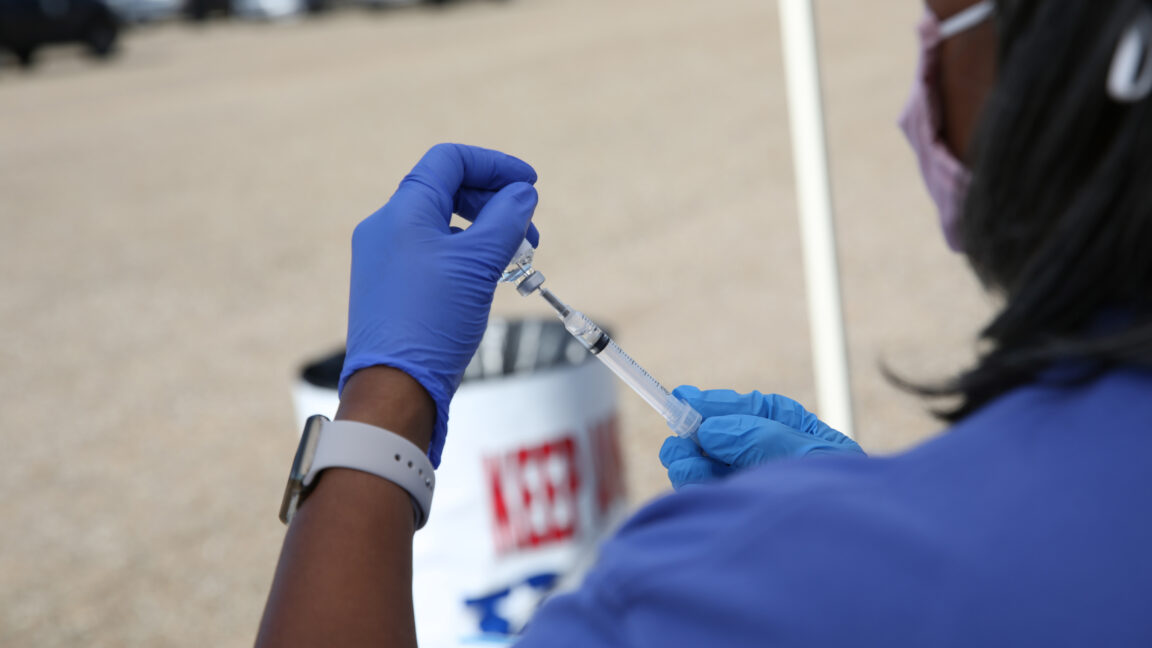Cancer Survivor Shares Kitchen Items She'll Never Use Again-Expert Explains

A video of a cancer survivor sharing the 12 items she will never use in her kitchen again has amassed over 10 million views on Instagram.
Newsweek spoke with Susana Demore, 42, who was diagnosed with triple-negative breast cancer at 35 weeks pregnant. The aggressive form of invasive breast cancer accounts for about 10-15 percent of all breast cancers, according to the American Cancer Society. Demore, from Houston, Texas, was given the all-clear in December 2022.
Today, she uses her platform (@onehealedmama) to tell others about how she transformed her lifestyle, prioritizing health and removing products containing harmful ingredients.
While pregnant, Demore, a doctor of physical therapy, underwent one round of chemotherapy before delivering her baby four weeks early. Afterward, she resumed treatment with multiple rounds of chemo, but when her tumor regrew, she required a lumpectomy, followed by a mastectomy with reconstruction preparation.

Kitchen Items She No Longer Uses










